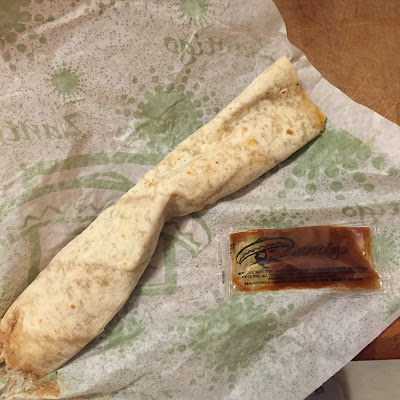What Are We Going To Do About It?
Mark Bittman speaks at Food For Thought
Healthy Foods Summit 2010
The American diet is not sustainable. Americans currently eat annually what the earth needs more than a year to produce. While it would take four acres to properly feed one person, the typical American needs more than 20 acres to meet our demands. The futures of individuals and the planet have never been more tightly joined than they are now. The American way of life and the American diet are indicative of everything that is going wrong. And our poor food choices are killing us. Yet the more we learn about how to fix things, the more excuses we come up with not to. "No time to cook." "China is worse than we are." "Some scientist will figure it out for us." "We've gone too far already so why not live it up?" "Can't I just take a supplement?" "Our family needs three cars!" "Organics and unprocessed foods are too expensive."
After a day of lectures about antibiotic resistance, tainted imported food supplies, demographic changes and resulting disconnection to our foodways, and the difficulties of changing the behaviors of congress and culture, I was feeling a little overwhelmed, and my appetite was gone. Thankfully, Mark Bittman took the podium and surmised, "What are we going to do about it?"
Bittman's suggestions? First, start tackling the problem as an individual. To change the world, start with yourself. Two nights a week serve no animal protein. Eat no processed food during the day. Use take-out once a week, or once a month. Learn to cook. Teach someone else to cook. Substituting good stuff for crap is good. Substituting brilliant stuff for crap is great! (In Bittman's estimation, success would be three less cheeseburgers per person per week.)
Second, support government or private programs that tackle "Big Foods" in the same way the tobacco industry was demised. We could have used the failed soda tax toward getting nutrition education and cooking skills into the hands and heads of those most in-need and at-risk.
An audience member asked Bittman why his latest book The Food Matters Cookbook: 500 Revolutionary Recipes for Better Living isn't a vegan or vegetarian guide. Bittman asked the audience of several hundred to raise their hands if they were vegan. About five hands went up. Vegetarians? About five more. The rest of us: carnivores. Bittman made his point. If we want to change mainstream Americans we need to start at a place where they can join the conversation.
Yesterday' topics reminded me of this YouTube video. An American visitor to Germany is startled and a little giddy when she spots the American Ethnic Aisle in a grocery store. The food is all processed junk. Personally, I'm a little embarrassed that the best American cuisine fit to export comes in a box or a can.
Marcus Samuelsson said it well last year when he described eating good food with purpose to keep ourselves and our planet healthy. Referring to the permitted and taboo ingredients of certain faiths versus the abundance of choices for those of us without food laws, he told our cooking class, "If we don't eat with a religious compass it is almost too big of a responsibility."
My advice to anyone who wants to eat well and show your love toward Earth is pretty simple. Avoid the middle aisles of the grocery store. Buy the best animal protein available and eat less of it. Learn about unfamiliar vegetables and produce at the farmers market by talking to the growers, and try something new once in a while. Plant a garden! And learn to cook.



Comments